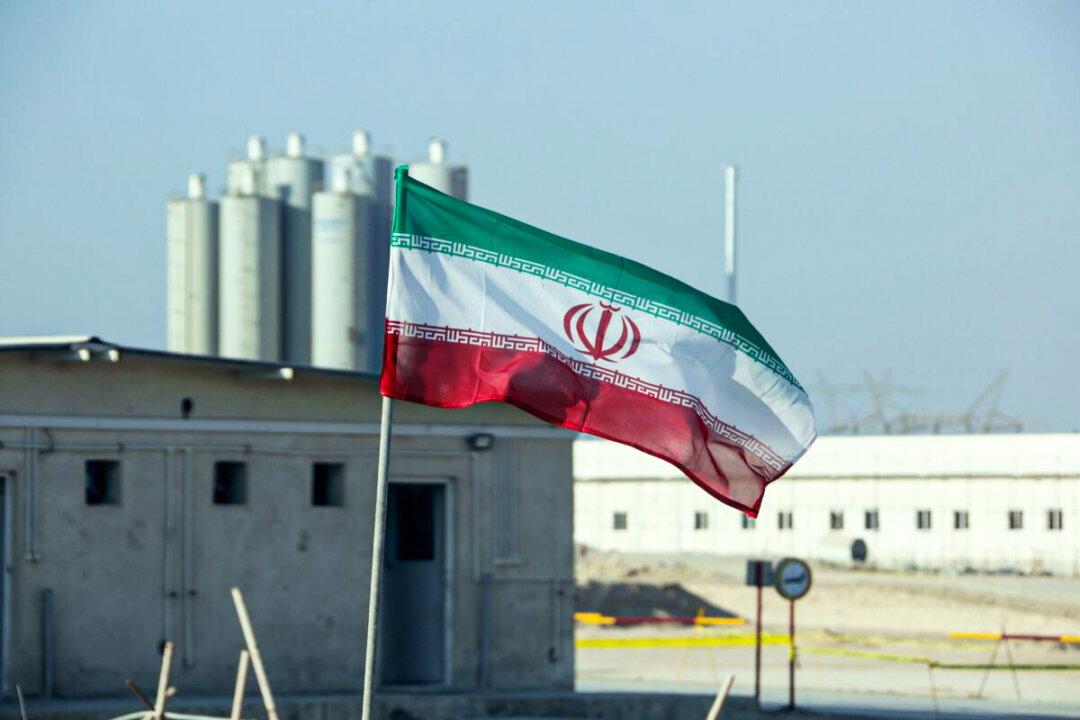Iran’s government has signed an agreement with Russia for 20 million tons of essential goods imports, amid talks to revive the 2015 Iran nuclear deal, a local newspaper reported on March 20.
The agreement would allow Russia to export vegetable oil, wheat, barley, and corn to Iran, according to an Iran International report citing a website associated with the secretary of Iran’s Supreme National Security Council.





